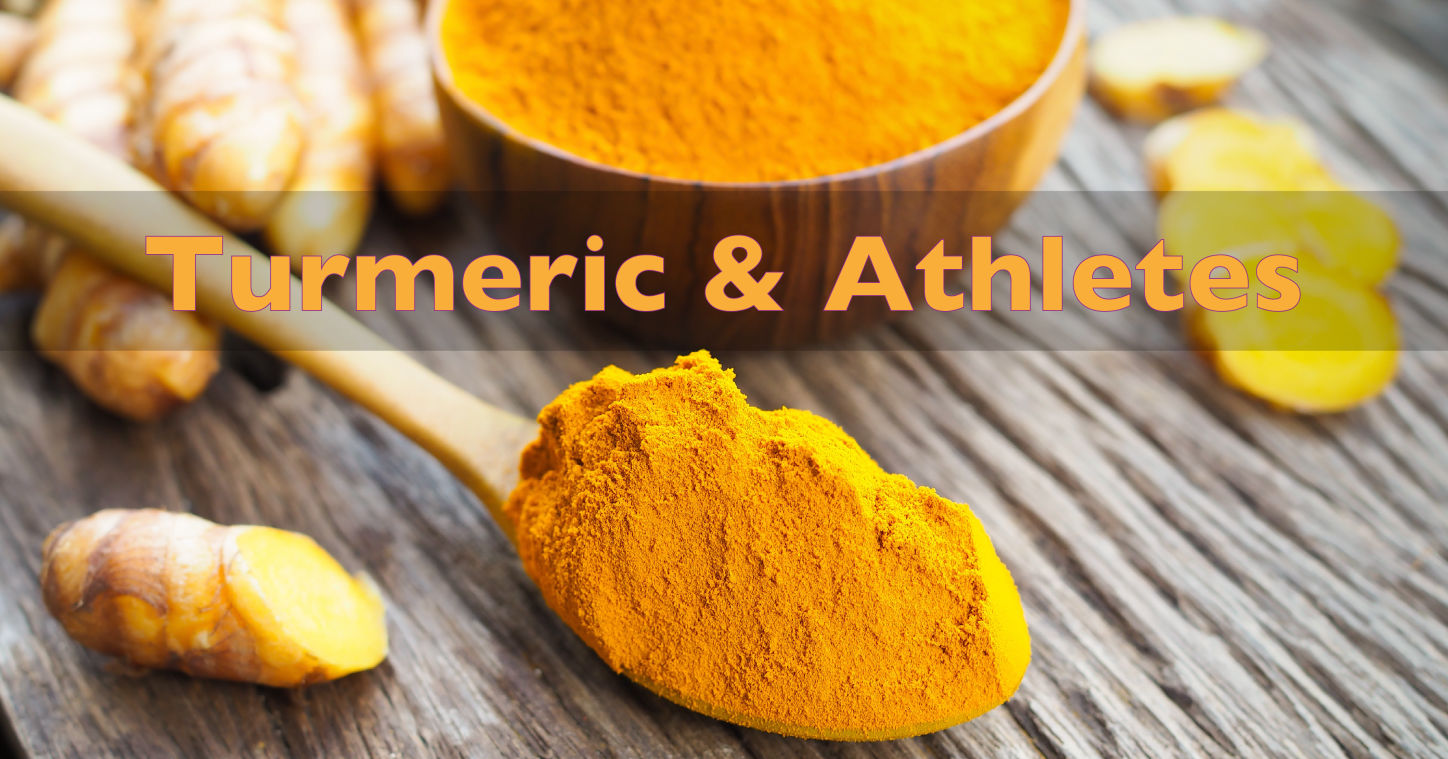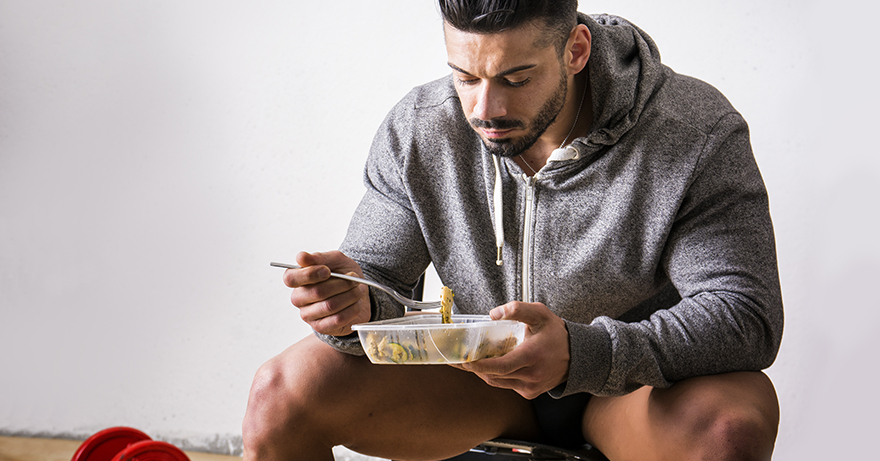Why Athletes Should Supplement with Turmeric

What is Turmeric?
Turmeric, or Curcuma Longa, is a spice that is native to India. This yellow spice is commonly used in curries and is a member of the ginger family. It has a bitter, warm taste and is popular in dishes from India, Thailand, and countries in the Middle East.
Turmeric's Secret
The secret to turmeric's healing power (which we'll get to in a minute!) is a lipophilic polyphenol compound called curcumin. Curcumin is a powerful substance that has anti-inflammatory properties. It is also an antioxidant and can fight cancer. Curcumin is the active ingredient in turmeric and is responsible for most of its healing powers.
Turmeric's Healing Powers
While turmeric may be new to you, it's actually been used for thousands of years to treat physical aches and pains. It has been a staple of Ayurvedic medicine and has been used to heal all types of conditions. Healers have used this spice to treat infections, gastrointestinal diseases, dermatological conditions, stress, depression, and even gynecological conditions.
How Turmeric Fights Inflammation
The most significant way curcumin, and by extension, turmeric, benefits athletes is its ability to fight inflammation. Inflammation can be caused by many different things but always ends with your body creating white blood cells to fight foreign organisms in your body. This also leads to increased blood flow to the body part that has become infected or injured. While inflammation is natural and a good thing, chronic inflammation is not. This occurs when the body mistakenly thinks it is under attack and continues sending white blood cells to fight a foreign organism that doesn't exist. This leads to pain, swelling, and other irritations. Curcumin is a potent anti-inflammatory and can stop the body's response to inflammation. It does this by regulating the different substances and compounds the body makes to fight inflammation, including cytokines, enzymes, transcription factors, and protein kinases. In fact, turmeric can be just as effective as aspirin or ibuprofen. It can also be an effective treatment for chronic diseases like rheumatoid arthritis.
How Turmeric Helps Athletes
So what does this mean for athletes? It means turmeric can be a powerful aid in recovering from inflammation caused by exercise. Lifting weights damages muscles, which is a good thing. The micro-tears in the muscle's fibers are then healed, and the muscle becomes stronger. However, if you push yourself too hard while working out, then your muscles can become very sore and inflamed. They can also become injured if you lift too much weight or perform exercises with poor form. Turmeric can fight the inflammation caused by activity so that your muscles heal faster, and you experience less pain.
Curcumin may also be a great way to improve your endurance and athletic performance. Studies have shown promising results when mice have been given curcumin before performing intense exercise. Researchers have found that mice who were given curcumin had more endurance, fuel for their muscles, and less lactate and ammonia. In addition to this, curcumin has been shown to help mice who suffered from depression! This could be an excellent resource for everyone, especially athletes. The mice who were regularly given curcumin were more active overall and had increased brain activity.
Turmeric has also shown promising results for helping weight loss. Researchers found that mice who regularly consumed curcumin were less likely to gain weight and had lower cholesterol levels. This is probably because curcumin slows down the division of fat cells.
Finally, turmeric can also be beneficial for female athletes. Curcumin has antispasmodic properties, which can lead to less intense menstrual cramps, significantly reducing the pain that comes at the start of a menstrual period.
If you're considering supplementing with turmeric, be sure to check with your doctor. They can recommend the correct dosage. Turmeric should always be taken with piperine because it helps increase the absorption of turmeric. If you don't want to supplement, then you can always start adding turmeric to your foods. It's a delicious and easy way to boost your body's immune system and improve your overall athletic performance.
Also in Featured Articles

Cross Training Improves Fitness and Reduces Injury
You may be in great shape, for the sort of exercise you do routinely. But if that's all you do, day after day, you may be setting yourself up for injury or mental burnout, and that is not a good way to get fit. What can help prevent injury and burnout? Cross training.

7 Nutrition Hacks for Elite Performance You’ve Never Tried Before
As athletes progress toward higher levels of competition and training, nutrition plays a much bigger role in their ability to perform and recover. Aside from simply receiving adequate caloric intake, there are other roles nutrition plays and systems that it influences.

Exercise helps inhibit cancer - Breakthrough study reveals how
Exercise affects almost all tissues in the body, and scientists have found that being physically active can reduce the risk of several types of cancer as well as improving outcomes for cancer patients.

